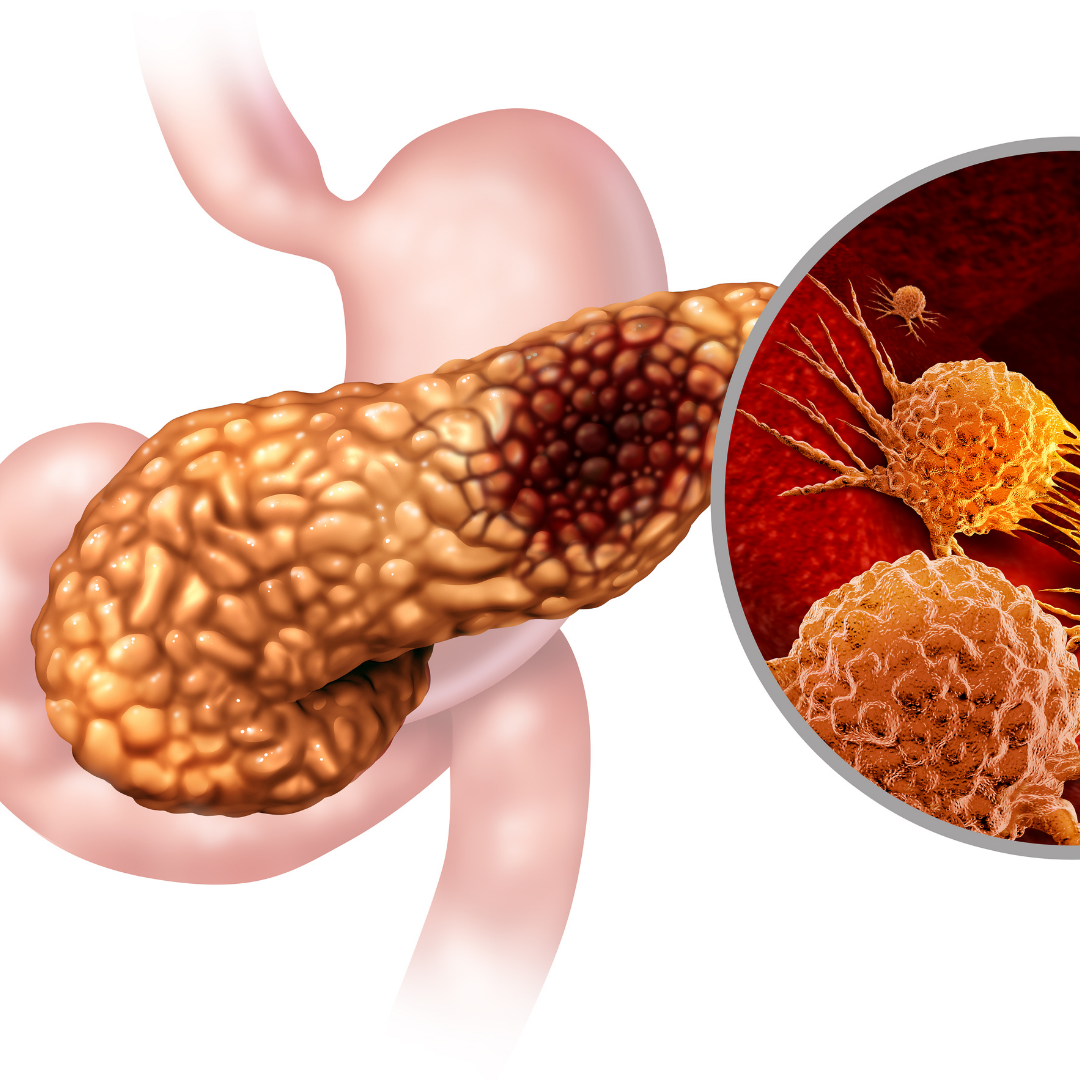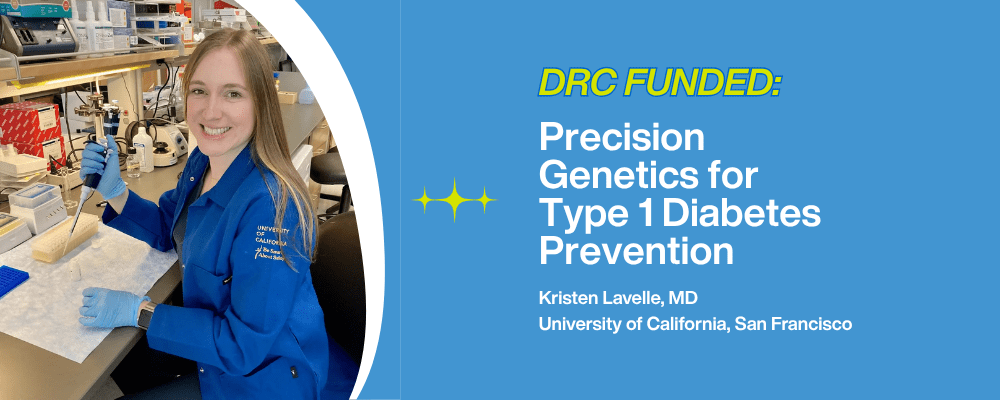As scientists continue to learn more about type 1 diabetes (T1D), they are always looking for new or refined ways of treating the disease. From artificial pancreases to closed-loop systems to cell transplants, researchers are exploring numerous options.
While cell transplantation is not a new concept, it is one that has come with its share of challenges. One of the biggest obstacles is rejection, and many approaches have required long-term immunosuppression, which can cause complications itself. Another issue is cell death. Once cells have been implanted, they do not always receive the oxygen, blood supply, and nutrients needed for long-term survival.
One company is looking to change all of that. ViaCyte, a clinical-stage regenerative medicine company, has teamed up with W.L. Gore & Associates, a global materials science company, to create an encapsulated cell therapy for T1D. Pluripotent stem cells are differentiated into various pancreatic cells, then encapsulated in a special material that may help to “reduce the foreign body response and improve engraftment, cell survival, and function,” according to ViaCyte.
This new system is set to undergo phase 2 testing in 10 patients with T1D, with the potential to increase to up to 70 patients. Once the encapsulation system is implanted, the pancreatic cells are able to mature into beta cells, alpha cells, and other cells that naturally help control blood sugar. With both beta and alpha cells present, it helps to restore the secretion of insulin and glucagon as well. Furthermore, the materials are used to eliminate the need for immune suppression drugs by reducing foreign body response.
This is an exciting advancement in cell transplantation for T1D, and the Diabetes Research Connection (DRC) is interested to see how the phase 2 clinical study pans out. It could eventually become a viable option for long-term treatment of the disease depending on the results of the clinical studies. The DRC, though not involved in this study, is committed to supporting T1D research by providing critical funding to early-career scientists. Learn more about current projects and how to help by visiting http://localhost/drc.
Please DONATE NOW so DRC can keep bringing you credible, peer-reviewed T1D news and research.
Thank you.




